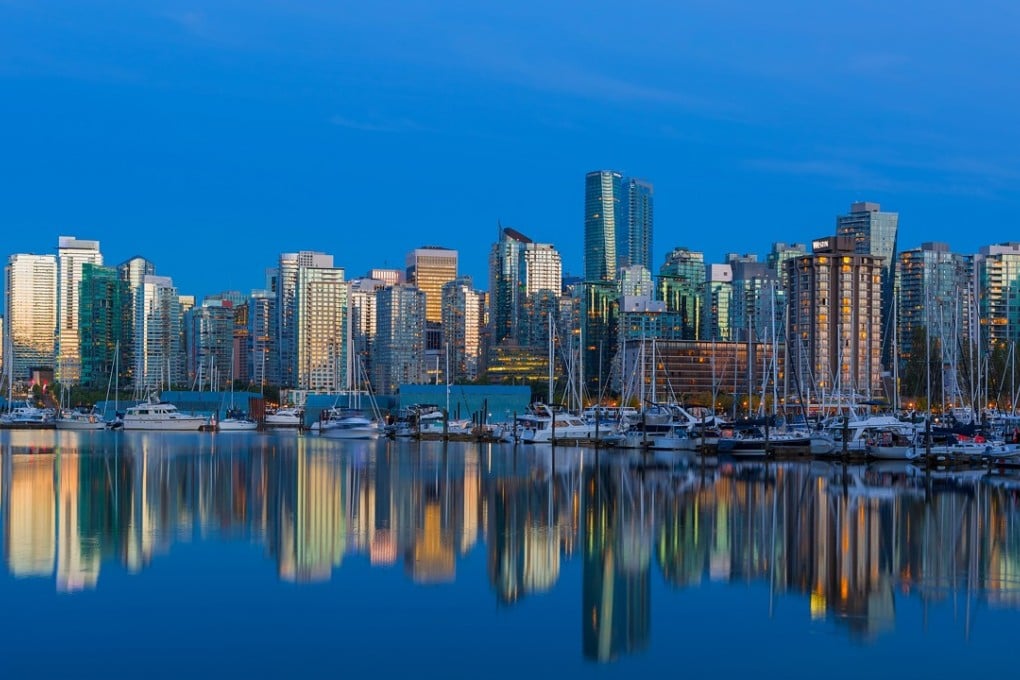Canada’s casinos used by criminal gangs, wealthy Chinese to launder over US$75 million
Expert links ‘the Vancouver model’ – as the money-laundering scheme has come to be known – with British Columbia’s opioid crisis and unaffordable property market

The briefing took place just a few days after David Eby began his new job as British Columbia’s attorney general – and it began with a warning. “Get ready,” Eby remembers being told by casino regulators in the western Canadian province. “I think we are going to blow your mind.”
What they showed him was footage of individuals wheeling suitcases stuffed with C$20 (US$15) bills into casinos. Others used hockey bags to haul the cash. Surveillance videos then showed the individuals trading in the cash for casino chips.
It was Eby’s first glimpse of what some in the global intelligence community had taken to calling the Vancouver model – a scheme in which some of the province’s casinos were unwittingly used to launder more than C$100 million during the past decade.
“We are famous internationally – or, more accurately, we have become infamous – for money laundering,” Eby told a federal parliamentary committee earlier this year.
“It’s just mind boggling,” Eby says in an interview. “The sheer volume and the size of these transactions on a regular basis in casinos is just astounding.”
Soon after that first, eye-opening briefing in 2017, Eby’s government introduced measures aimed at curbing the transnational scheme; demanding proof of a legitimate source for casino payments of more than C$10,000 and round-the-clock surveillance by regulators at high-risk establishments.